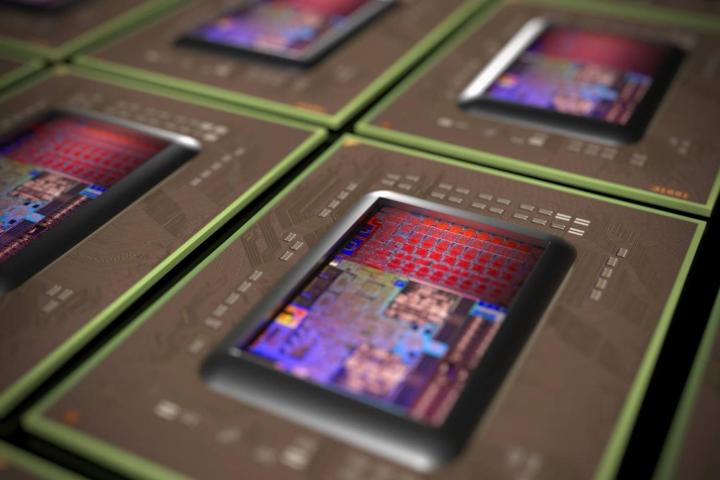
The difference is a highly technical one, which is part of the reason for the class action suit. The difference between independent cores and cores with combined architecture has real effects on the performance and system capabilities.
The average computer buyer might not have any idea what the difference is between cores that share a floating point unit and cores that don’t, and this may lead them to believe they’re buying a true, eight-core CPU when they aren’t. It even shows up on the software end that way, with the Bulldozer CPU reporting a full eight cores in system diagnostics.
Related: AMD Zen CPUs said to meet internal expectations with no bottlenecks
What’s the total sum of all of these accusations? Those filing the suit claim that AMD is guilty of violating the Consumer Legal Remedies Act, California’s Unfair Competition Law, and of committing false advertising, fraud, breach of express warrant, negligent misrepresentation, and unjust enrichment. Those are serious charges, although like most class action lawsuits, it’s possible that AMD will avoid any of them by settling out of court with those who purchased the processors.
AMD isn’t alone in facing scrutiny from informed consumers who dig deeper into the construction of its products. Nvidia was charged with a class action lawsuit in February of 2015 when users discovered that the GTX 970, which had a stated VRAM of 4GB, was actually a 3.5GB memory chip with a second chip containing the other 512MB. Users found that affected performance distinctly, and in that case, Nvidia offered partial refunds to users, or allowed them to return the card entirely.
It’s not clear yet what will happen with this case. Companies are accused of all sorts of legal issues constantly, but this one seems sufficiently supported to see the light of day in a more public forum, and specifically a courtroom. We’ll keep you updated as the situation evolves, and if you bought one of the Bulldozer CPUs, which includes the FX-8150, 8120, or 8100, then keep an eye out — you may have some cash headed your way soon.



